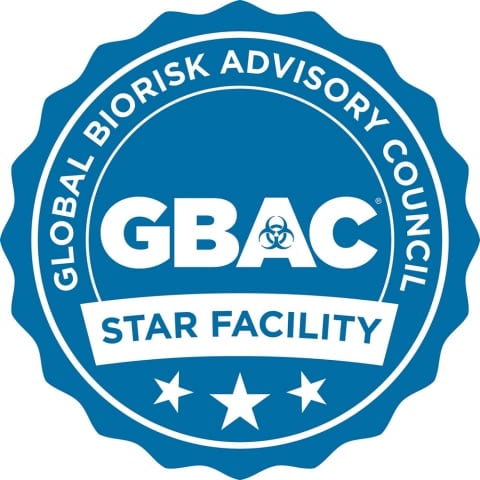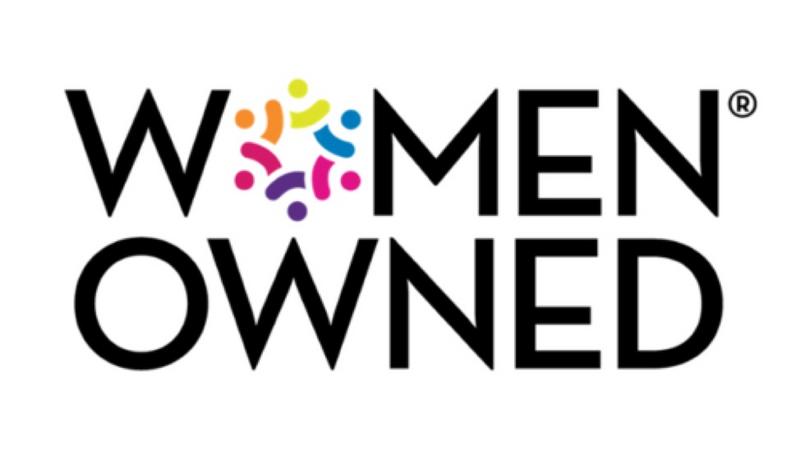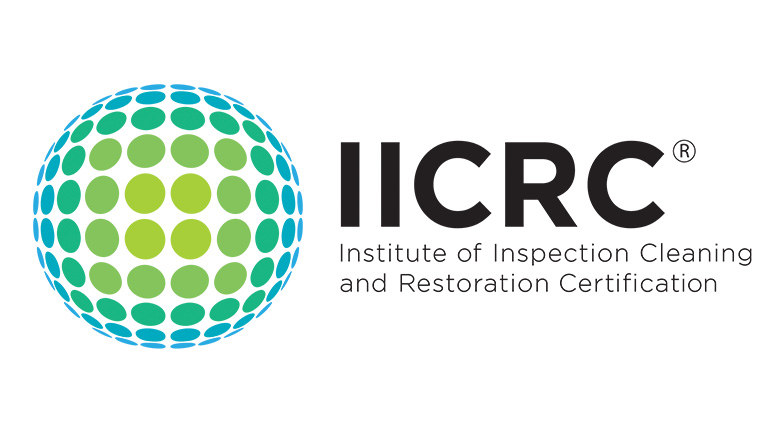Hand Sanitizer 101
You see it everywhere you go: Please Wash Your Hands. It’s important, no essential, in today’s world. Honestly, it was essential before COVID-19, but hopefully even after surviving our current state, hand washing will still be as necessary as ever. Everywhere you go, you also see this: Please Use Hand Sanitizer When No Soap is Available.
Hand sanitizer, much like everything else during this pandemic, has become a scarce item deemed essential. During the early toilet paper shortage days, hand sanitizer was also likely to be a product that had people rushing to newly-stocked shelves at 8:00 AM. As we continue to find ourselves adjusting to new societal norms, educating ourselves becomes crucial. When it comes to hand sanitizers, the dominant question becomes whether or not to purchase alcohol-based hand sanitizer.
Who cares?
You do. That’s especially true when you’re searching online for limited items and find yourself internally debating purchasing products you well know are overpriced. Knowing the facts, along with constantly keeping yourself in the loop, will help you make better informed decisions.
In this blog post, you will learn the real world factors when choosing a hand sanitizer by comparing alcohol-based sanitizer and BZK/BAC-based hand sanitizer. Read on!
Alcohol-Based Hand Sanitizer
So, it’s been embedded into our minds and brains that any hand sanitizer we use must have at 60% alcohol (this number is just an average of what we hear – 40%, 50%, 65%, 80% are some other suggestions I’ve come across). Why alcohol? Well, according to the CDC, it’s the ingredient in hand sanitizers that quickly reduces the amount of germs on your hands. Although true, they fail to mention the downsides of using alcohol-based hand sanitizers:Very flammable, GHS classifies it as a Category III flammable liquid & vapor
1. Very flammable, GHS classifies it as a Category III flammable liquid & vapor
2. Hazard identification mandates special shipping restrictions, storage requirements, & increased documentation
3. Strips hands of natural oils, causing drying, splitting, & cracking
4. May sting or burn when applied to dry or cracked skin
5. Cracks and splits, even when minute, diminish skin’s ability to act as a barrier to microbials and pathogens
6. Compliance/usage may drop due to skin irritation
7. Can be lethal to children if ingested, even in small amounts
8. Some schools avoid it due its potential toxicity
BZK/BAC-Based Hand Sanitizer
On the other hand, BZK/BAC-based hand sanitizers have great advantages without risking efficacy! What’s BZK/BAC, you ask? Benzalkonium (often referred to as BZK or BAC) is a quaternary ammonium that kills bacteria and is gentle because it’s made up of simple salts.
Here are the 8 reasons that make non-alcohol based sanitizers a great choice:
1. Non-flammable
2. No special shipping/storage requirements, no extra paperwork
3. Emollients in the formulation leave hands moisturized and feeling soft
4. Never stings or burns skin, even damaged skin
5. No irritation for improved compliance to hand hygiene protocols
6. Improved compliance/usage provides better protection against microbials
7. Not lethal to children if ingested in small amounts
8. Schools can use it worry free
Non-alcohol based hand sanitizers are just as effective (if not more effective) for our everyday lives. It’s safe, worry-free, and won’t leave you feeling like you’ve been completely ripped-off.
Think about the next time you’re shopping around!







